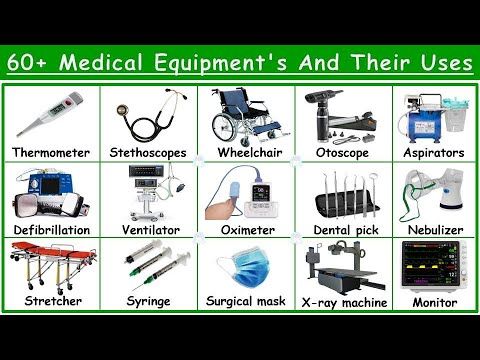A stethoscope is an essential tool for any medical professional as it allows them to listen to the internal sounds of a patient’s body, such as their heartbeat and breathing.
2. Blood Pressure Monitor
Monitoring a patient’s blood pressure is crucial for diagnosing and managing various health conditions. Having a blood pressure monitor in every clinic ensures accurate readings.
3. Thermometer
A thermometer is necessary for measuring a patient’s body temperature, which is a key indicator of their overall health. Digital thermometers are recommended for their accuracy and ease of use.
4. Otoscope
An otoscope is a tool used to examine the ears and nasal passages. It is essential for detecting ear infections, wax build-up, and other issues that may affect a patient’s hearing.
5. Scale
A scale is important for monitoring a patient’s weight, which is often a critical factor in their overall health. Having a scale in the clinic allows for regular weight checks and tracking of progress.
6. Electrocardiogram (ECG) Machine
An ECG machine is used to measure the electrical activity of the heart and detect any abnormalities. It is an important tool for diagnosing heart conditions and monitoring a patient’s heart health.
7. Pulse Oximeter
A pulse oximeter is a device used to measure the oxygen levels in a patient’s blood. It is commonly used to monitor patients with respiratory issues or during surgical procedures.
8. Defibrillator
A defibrillator is a life-saving device that is used to restore a patient’s heart rhythm in cases of cardiac arrest. Every clinic should have a defibrillator on hand for emergencies.
9. Nebulizer
A nebulizer is a device that converts liquid medication into a fine mist that can be inhaled by the patient. It is used to treat respiratory conditions such as asthma and COPD.
10. Autoclave
An autoclave is a device used to sterilize medical equipment and supplies. Ensuring that all instruments are properly sterilized helps prevent the spread of infections and ensures patient safety.
In conclusion, these are the top 10 medical equipment items that every clinic should have to provide quality care to their patients. Investing in these essential tools will ensure that medical professionals can diagnose, treat, and monitor patients effectively.
